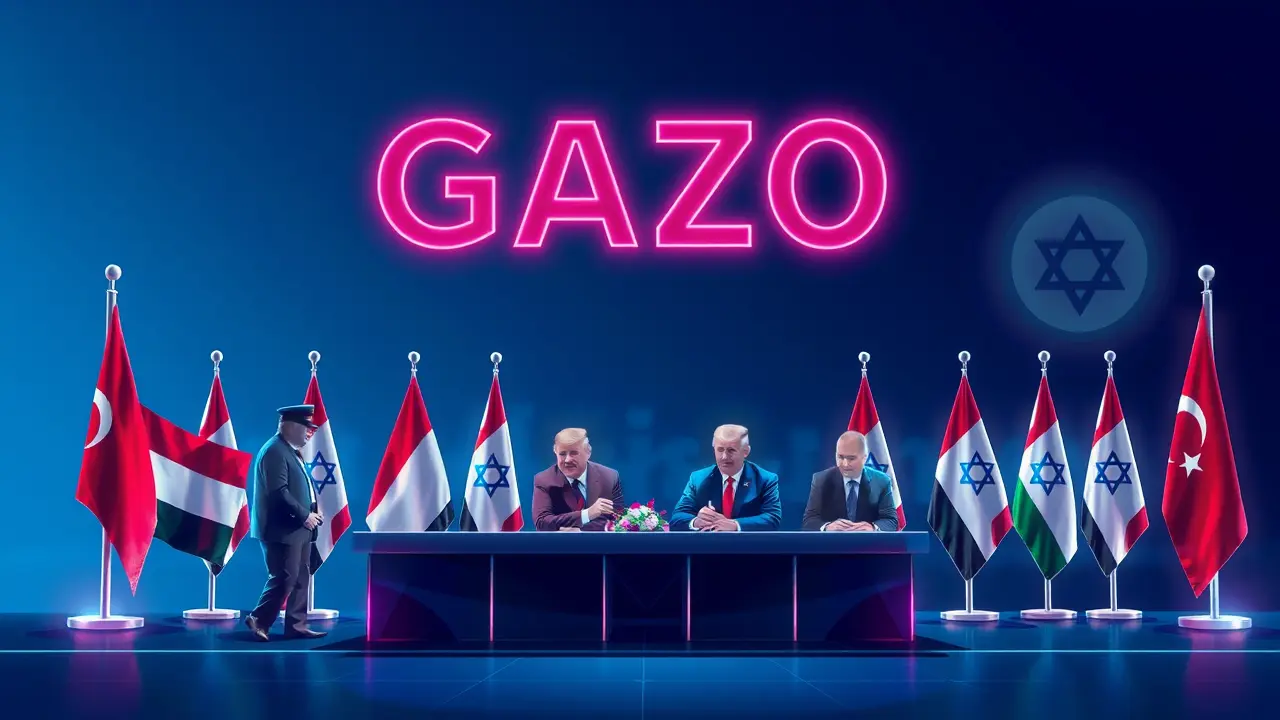Dutch government seizes control of Chinese-owned chip manufacturer.
In a decisive maneuver echoing the strategic plays of geopolitical chess, the Dutch government has seized operational control over a critical Chinese-owned semiconductor manufacturer, a move that sends shockwaves far beyond The Hague and strikes at the heart of the global tech supply chain's most sensitive nerve. This isn't merely a corporate takeover; it's a calculated act of economic self-preservation, a direct response to escalating concerns that vital chip production—the lifeblood of everything from Dutch-made ASML lithography machines to European automotive and defense industries—could be compromised by foreign state influence.The target, Nexperia, a key player acquired by China's Wingtech in the recent past, finds itself at the epicenter of a burgeoning cold war over technological sovereignty, a conflict where silicon wafers have become the new strategic asset, more coveted than oil. This intervention, authorized under rarely invoked national security powers, mirrors a global trend of hardening stances, from Washington's sweeping CHIPS Act to Berlin's blocking of critical infrastructure sales, yet its execution within the EU's single market carries a unique and potent symbolism.Analysts are already modeling the fallout: immediate retaliatory measures from Beijing, likely targeting European luxury goods or agricultural exports, are a near-certainty, potentially escalating into a wider tit-for-tat that could fracture the fragile EU-China Comprehensive Agreement on Investment. The core of the dispute lies in the dual-use nature of advanced semiconductors, which power both the smartphones in our pockets and the guidance systems in next-generation missiles, placing firms like Nexperia in an impossible position between commercial imperatives and national security imperatives.Behind the scenes, this action was likely months, if not years, in the making, coordinated with key allies in Washington and scrutinized by risk analysts who saw the acquisition not as an isolated transaction but as a potential trojan horse within Europe's industrial base. The precedent set is monumental, effectively drawing a bright red line around what the West deems 'critical technology' and signaling to other member states, particularly Germany and France, that similar defensive measures are not only permissible but necessary.For the global markets, the immediate risk scenario involves further disruption to an already strained chip supply chain, potentially delaying everything from car production to medical device manufacturing, while the long-term strategic consequence is a accelerated decoupling of Western and Chinese tech ecosystems. This is a high-stakes gambit with no clear exit strategy; the Dutch government now faces the immense operational challenge of running a complex tech firm while navigating the diplomatic minefield it has ignited, a scenario where a misstep could either embolden Beijing's technological ambitions or trigger a new era of protected innovation blocs. The chessboard is set, and with this move, Europe has boldly advanced its queen, but the final checkmate in this grand game of technological dominance remains a distant, and perilous, outcome.
It’s quiet here...Start the conversation by leaving the first comment.
